AO Edited
Killhope
An iconic waterwheel in the Pennine Hills marks the location of one of Britain’s most profitable lead mines.
Sometimes called “the backbone of England,” the Pennines have endured a long history of spinal taps as a result of possessing rich sources of mineral wealth, particularly lead. A trip to the Peak District National Park or Yorkshire Dales National Park will be markedly enhanced by a stop at Killhope, the North of England Lead Mining Museum.
As you prepare for your mine tour, you will likely be invited to get “kitted out in your wellies,” which is not as scandalous as it might sound to a non-Brit. The vital role that water played in the lead mining process makes the Wellington boots a necessity and also portends a very different experience compared to other mine tours.
Sloshing along narrow moss-covered tunnels, spelunkers will eagerly want to explore the various rooms and corridors of the mine and will find remarkable machinery at every turn. An enormous underground waterwheel demonstrates the dangerous work of lead miners, particularly when docents turn off the lights and explain that work was often done in total darkness, sound serving as the only guide for the miners. Wax candles in the 19th century were expensive and tallow candles were often too smoky or unreliable. Even when tallow candles were used, miners sometimes ate them as a cheap calorie source, leading some mine owners to poison them to discourage the practice, or, more commonly, to force miners to buy their own candles.
Plumbing the depths became unprofitable in the late 1800s when prices dropped like, well, a lead balloon, and the mines went dormant until being briefly reopened during World War I. Sixty years after closing permanently, the Durham County Council began restoration and reconstruction of the site which has become an award-winning educational and spine-tingling attraction.
Know Before You Go
Killhope is open seasonally from spring until autumn.

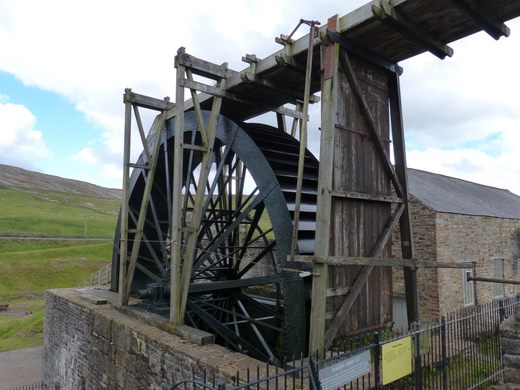
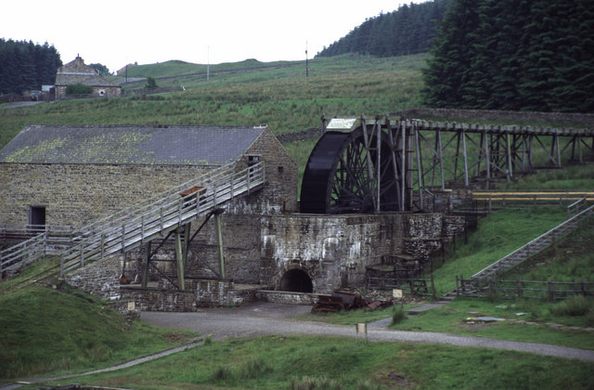
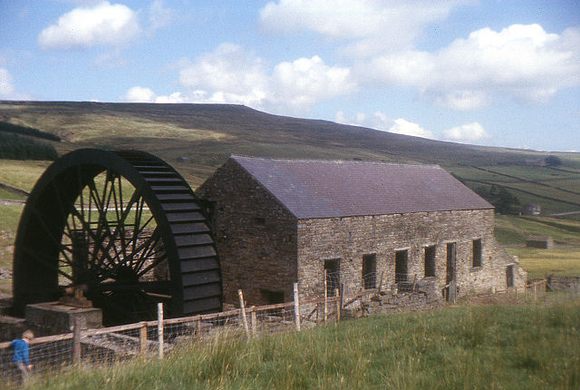
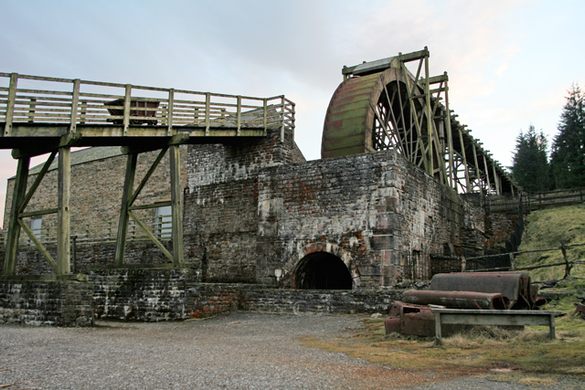






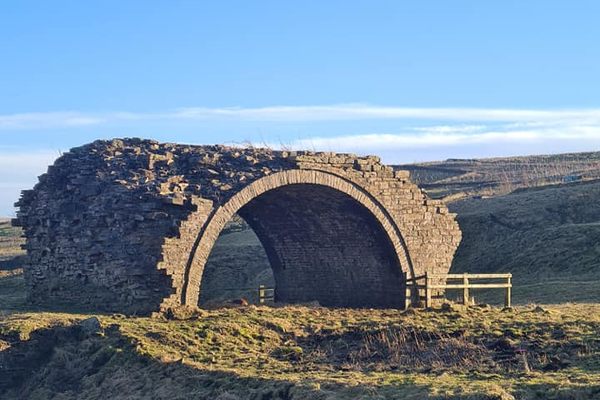

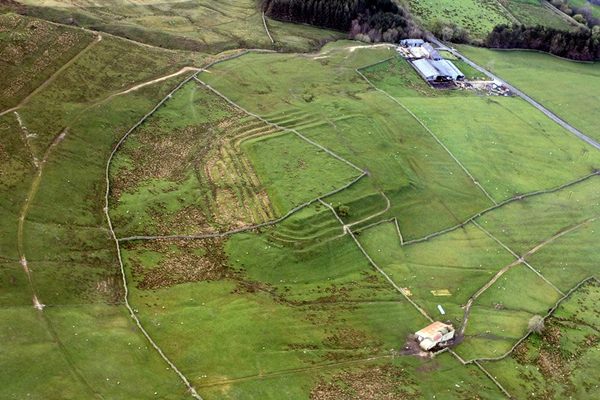


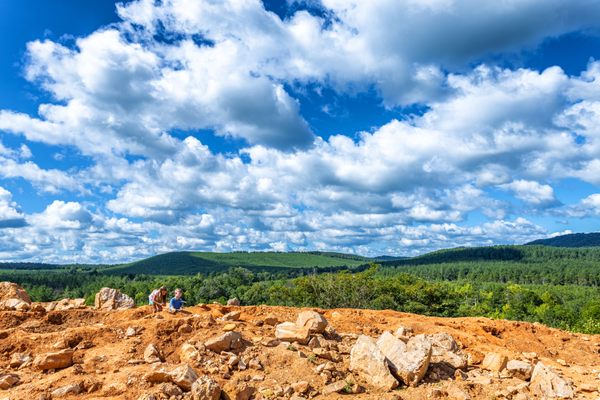


Follow us on Twitter to get the latest on the world's hidden wonders.
Like us on Facebook to get the latest on the world's hidden wonders.
Follow us on Twitter Like us on Facebook